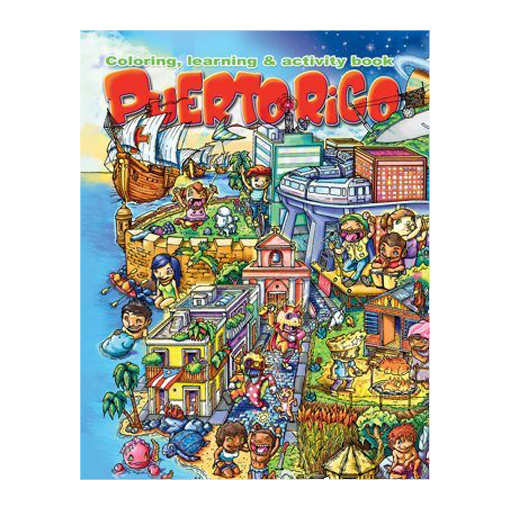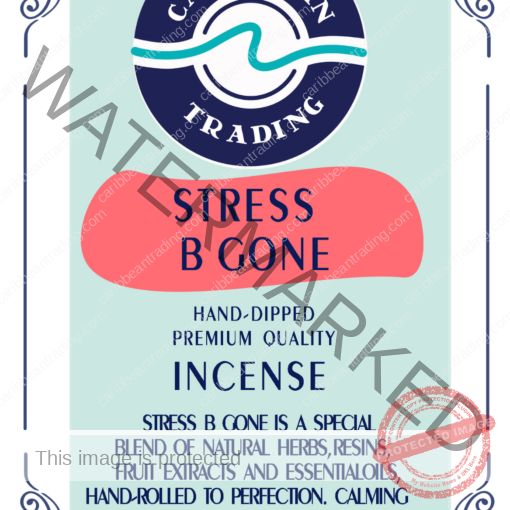Entertainment in the Caribbean
Vacations vs. Exam Time. How to Reconcile It?
In the tumultuous journey of student life, the clash between the allure of vacations and the impending stress of exams is a recurring theme. This delicate balancing act demands thoughtful consideration and strategic planning to ensure that academic responsibilities are not sacrificed at the altar of leisure.
Delve into the multifaceted dimensions of managing vacations and exam preparations to provide comprehensive insights and practical strategies for students to reconcile these seemingly conflicting aspects of their lives.
The Temptation of Vacations
With their promise of liberation from the monotonous routine of academic life, vacations exert an irresistible pull on students. The prospect of unwinding, exploring new destinations, and spending quality time with loved ones can create a solid desire to detach from the rigors of study.
However, the siren call of leisure must be approached with caution, as an unchecked plunge into vacation mode can affect academic performance and long-term goals.
Understanding the Importance of Balance
Balancing the scales between vacations and exam preparation requires a nuanced understanding of priorities. While relaxation is crucial for mental well-being, academic commitments should not be sacrificed to pursue leisure.
Striking a balance involves crafting a realistic schedule that accommodates the need for rejuvenation and the imperative for academic success. Achieving this equilibrium is possible and essential for fostering holistic personal and intellectual growth.
Time Management: A Key to Success
Effective time management emerges as the linchpin in reconciling the demands of vacations and exams. A well-thought-out schedule that allocates dedicated time for study sessions, breaks, and vacation activities can help maintain equilibrium.
Prioritizing tasks based on urgency and importance allows students to focus on exam preparation while enjoying the benefits of a well-deserved break. In essence, time management becomes the compass guiding students through the intricate terrain of their academic and personal commitments.
Setting Realistic Goals
The foundation of a successful reconciliation lies in the establishment of realistic goals. An apparent comprehension of the scope and requirements of upcoming exams enables students to tailor their study plans accordingly.
Breaking down study materials into manageable segments and setting achievable milestones reduces the pressure of last-minute cramming and creates a conducive environment for relaxation and academic success. Realistic goal-setting acts as a compass, guiding students through the intricate terrain of their academic and personal commitments.
Utilizing Vacation Time Productively
Rather than viewing vacations as a hindrance to academic progress, students can transform these breaks into personal and intellectual enrichment opportunities.
Engaging in intellectually stimulating activities, such as reading, attending educational workshops, or exploring new interests, can contribute to academic growth while providing a break from traditional study routines.
By combining leisure with learning, students can turn vacations into a valuable component of their educational journey.
Effective Study Strategies
Incorporating effective study strategies is pivotal in optimizing the limited time available during vacations. Active learning methods, such as flashcards, group discussions, and self-assessment quizzes, can enhance retention and comprehension of study materials.
Adopting a personalized study approach that aligns with individual learning styles maximizes the efficiency of study sessions, allowing for better time utilization. Embracing innovative strategies and services like Do My Homework makes the process easier and ensures that learning is a dynamic and evolving experience with professional tutors.
Creating a Supportive Environment
Building a supportive environment is a cornerstone in reconciling vacations and exam preparation. Communicating with friends and family about the importance of academic commitments during specific periods helps establish a shared understanding.
A supportive network can provide encouragement, assistance, and a conducive atmosphere for studying, fostering a sense of accountability in balancing both aspects of life. The collaborative effort of a supportive environment creates a synergy that propels students toward academic success without sacrificing their well-being.
Mindfulness and Stress Management
The convergence of vacations and exams often amplifies stress levels among students. Mindfulness techniques, such as meditation, deep breathing, and mindfulness exercises, can help alleviate stress and improve concentration.
Incorporating breaks into study sessions and maintaining a healthy lifestyle through proper nutrition, exercise, and sufficient sleep contribute to overall well-being, ensuring that the pressure of exams does not overshadow the enjoyment of vacations. Mindfulness and stress management become the guardians of a student’s mental and emotional fortitude, enabling them to navigate the challenges with resilience and grace.
Adapting to Changing Circumstances
Flexibility emerges as a critical attribute in successfully reconciling vacations and exam preparation. Recognizing that circumstances may change and unforeseen challenges may arise allows students to adapt their plans accordingly.
A flexible mindset enables individuals to navigate unexpected academic demands or alterations in vacation plans without compromising their overall well-being. The ability to adapt to changing circumstances ensures a harmonious integration of leisure and educational pursuits, empowering students to navigate the delicate dance between vacations and exams with grace and success.
Conclusion
The reconciliation of vacations and exam time demands a sophisticated and multifaceted approach. Balancing the scales between leisure and academic responsibilities necessitates effective time management, realistic goal-setting, and cultivating a supportive environment.
By productively utilizing vacation time and incorporating mindful study strategies, students can maintain equilibrium and enhance their overall well-being.
The ability to adapt to changing circumstances ensures a harmonious integration of leisure and academic pursuits, empowering students to navigate the delicate dance between vacations and exams with grace and success. The key to a fulfilling and successful educational journey lies in this delicate balance.







